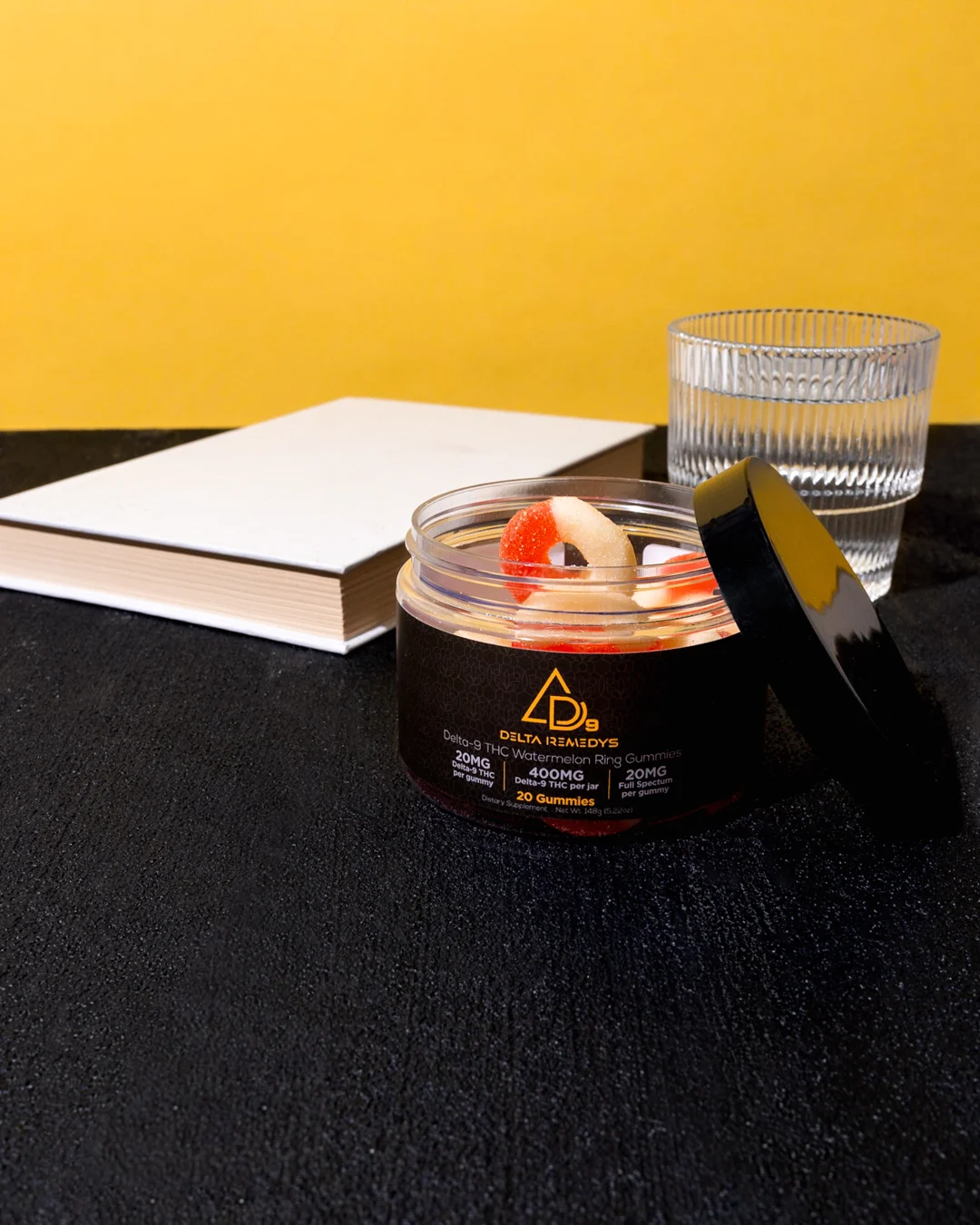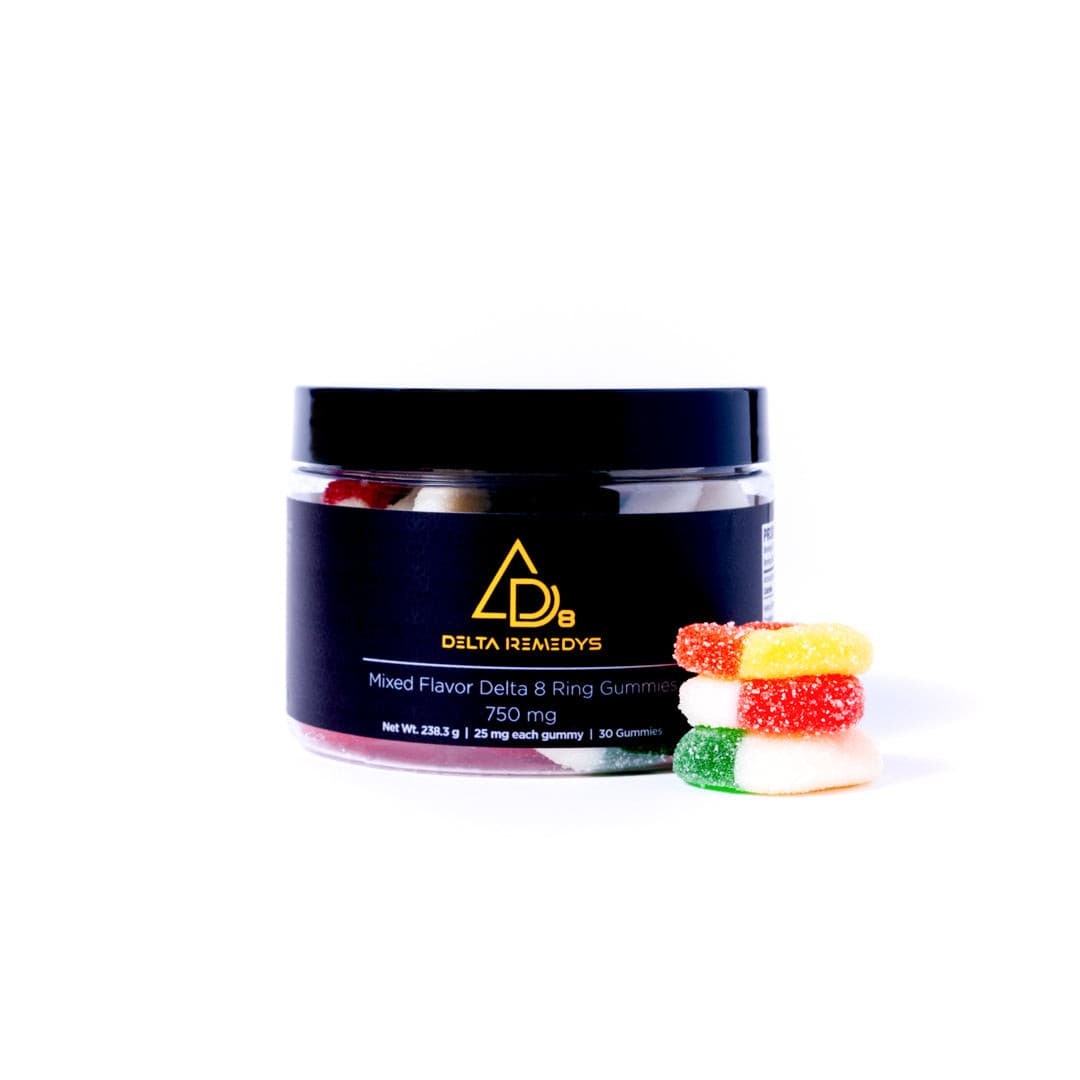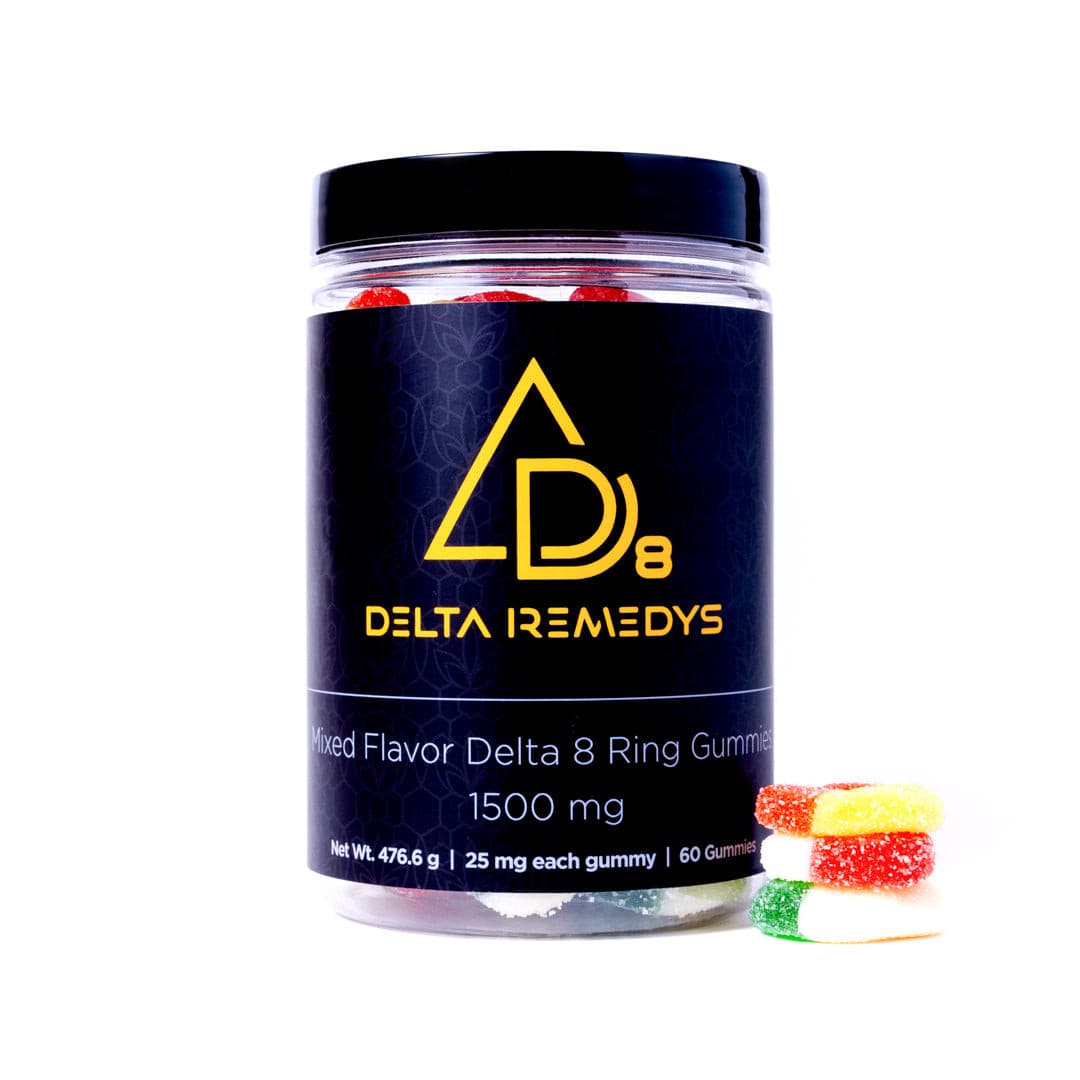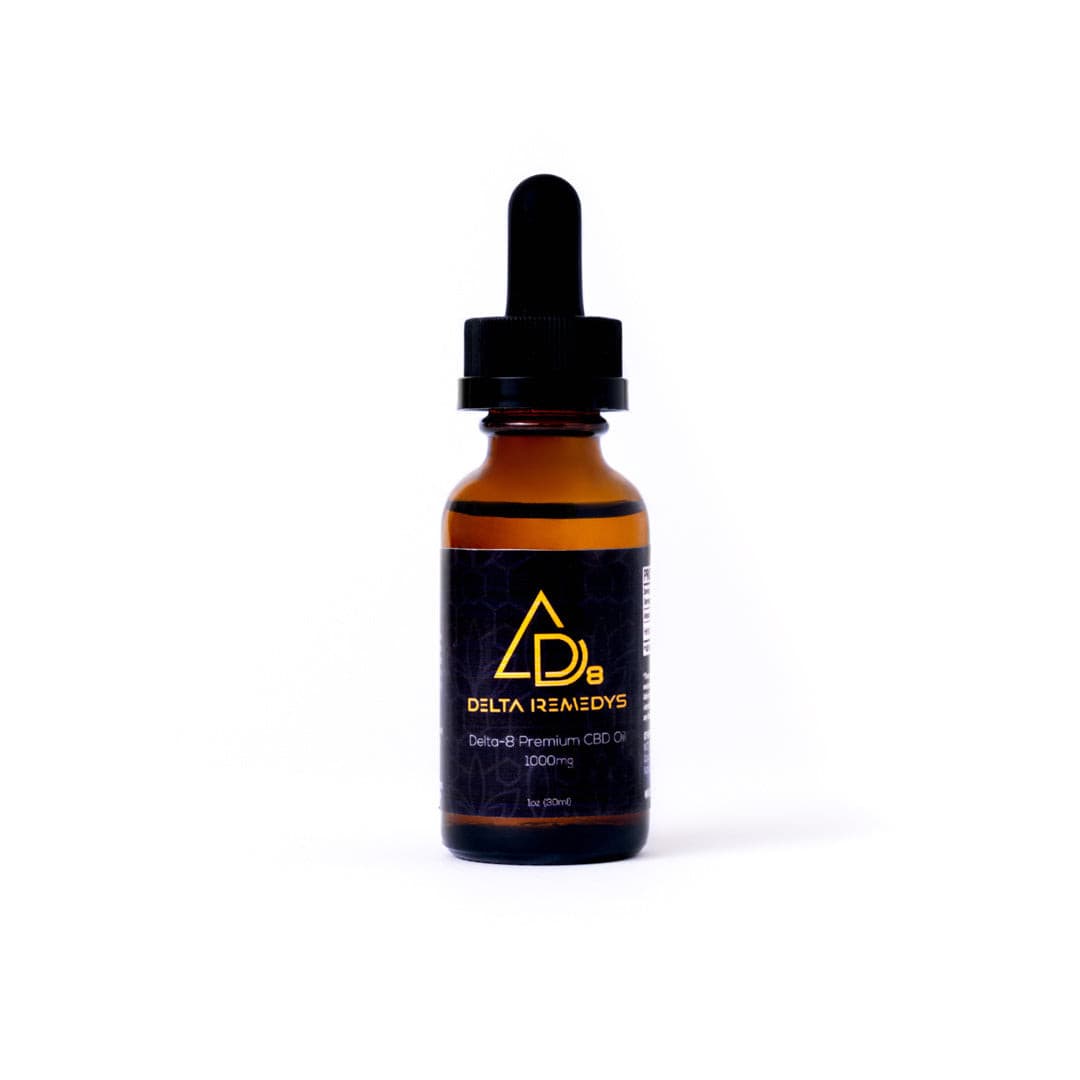Cannabidiol, more commonly referred to as CBD, is a chemical compound that occurs in nature. It has been increasingly popular in recent years due to growing evidence pointing to various possible health advantages. Some of the top ones are the remediation of depressive symptoms.
Some research relating CBD to depression has shown encouraging early results. Cannabidiol’s (CBD) potential mental health benefits, particularly CBD for depression, have received great attention in recent years.
The Cannabis sativa plant yielded this popular chemical cannabidiol. CBD can be found in both the hemp plant and the marijuana plant. However, CBD does not produce intoxicating effects and has been praised for its therapeutic potential.
A few studies have shown that CBD has some of the same effects as antidepressants, suggesting that it shows promise in treating depressive disorders.
Can that be trusted? Let’s find out!
=== split content ===
Introduction to CBD
There are more than 80 cannabinoids found in cannabis. Tetrahydrocannabinol (THC), the psychoactive component responsible for marijuana’s signature “high,” is the cannabinoid most commonly associated with the drug.
To some extent, THC is responsible for the sensation known as “getting high.” Cannabidiol, or CBD, does not cause intoxication as THC does.
In recent years, CBD’s popularity has skyrocketed as more and more studies reveal the substance may have beneficial health effects. According to several studies, CBD oil and other CBD medicines have shown promise in treating depression symptoms.
Some recent research suggests that cannabidiol (CBD) may be useful in treating medical disorders such as chronic pain, acne, epilepsy, etc. It can also be useful in threatening diseases such as Alzheimer’s, Cancer, Parkinson’s, and Crohn’s.
CBD and Depression Treatment
Some research suggests that CBD may be useful in treating depression. CBD may influence brain serotonin levels, as indicated in several studies. The neurotransmitter serotonin can manage emotions, stress, and general mood. Selective serotonin reuptake inhibitors (SSRIs) are an additional class of antidepressants that work by modifying serotonin levels in the brain.
CBD may be useful in treating depression, but it has the potential to counteract the effects of other drugs and even produce some unwanted ones. Before using these products, a consultation with a doctor or mental health professional is recommended.
Keeping in mind that there is currently very little research on CBD if you consider utilizing it for therapeutic purposes is vital. Much research has been conducted in the past decade. However, the vast majority of them involved the use of animals.
So, the potential advantages of CBD for treating depression in people are largely hypothetical at this point. However, there is evidence that CBD can help with depression, anxiety, discomfort before public speaking, and even cognitive impairment.
The Scientific Approach
Using CBD as a treatment for depression has been supported by animal studies. The chemical has a demonstrable stress-relieving impact both immediately and over time. CBD showed antidepressant effects in a few of the studies.
Studies have linked low serotonin levels to emotional distress. Although cannabidiol (CBD) does not directly increase serotonin levels, it may modify how your brain’s chemical receptors behave to the already present serotonin.
There may be less of a chance of CBD becoming addictive because scientists found it effective without directly stimulating brain endocannabinoid receptors. CBD’s potential to alleviate opioid addicts’ cravings has even been tested.
In any case, researchers are still actively exploring this topic, as evidenced by the annual publication of original research and comprehensive reviews. CBD’s potential advantages and risks and how the substance should be used are still mostly unknown. Therefore, this information will likely evolve as more is learned about CBD.
How to Take CBD for Depression
While cannabidiol is accessible in various forms, only those swallowed are expected to provide any antidepressant-like benefits or other mental health advantages.
Oil, spray, or capsule forms are available for oral administration.
Concerning its use in topical treatments, CBD may also be ingested in the form of a variety of edibles, including beverages, candies, and even gummies.
CBD can be used topically in various skin care products such as creams, lotions, salves, and balms. The advantages it offers may be smaller.
Possible Side Effects
As far as we know, CBD is relatively safe. Some studies show effects on animals. However, some people may be especially vulnerable and experience:
- Diarrhea
- Fatigue
- Changes in weight or appetite
- Dry mouth
- Low blood pressure
- Drowsiness
- Lightheadedness
Pregnant or breastfeeding women, or those with liver disease, are not recommended to take CBD. It’s also not a good idea to consume CBD with drugs that harm the liver. Before using CBD with any other prescription, you should always consult with your doctor.
The lack of study makes it difficult to determine whether or not CBD has any long-term adverse effects. No serious long-term dangers have been detected so far, according to specialists.
Bear in no way implies that none exists. World Health Organization researchers found CBD to be benign in 2017. They mentioned that CBD drug combinations could lead to unwanted side effects.
Is CBD Addictive?
Those who are addicted to substances are unable to control their use despite the negative effects the substance has on their lives, yet continue to use it nevertheless.
Pure CBD doesn’t have the same psychoactive effects as THC, the other ingredient in marijuana. The World Health Organization also found no evidence that CBD contributes to public health issues or that its usage might lead to addiction.
Although CBD in its purest form is not psychoactive, CBD products may still contain THC, which can be. This happens because the FDA does not oversee the sale of dietary supplements. Talk to your doctor about whether or not CBD is good for you if you’re worried about its potential to become addictive.
Takeaway
Simply put, further studies are needed to determine whether or not CBD has therapeutic value in treating depression. Most data supporting CBD’s antidepressant benefits comes from studies conducted on animals or small-scale clinical trials.
It’s crucial to consult a medical or mental health expert if you’re feeling down. Discuss with your physician or an expert about the right dosage and any possible drug interactions before using CBD as an adjunct treatment for your depression.
Resources:
https://www.healthline.com/health/cbd-for-depression#side-effects
https://www.medicalnewstoday.com/articles/324846#side-effects
https://www.goodrx.com/well-being/alternative-treatments/cbd-depression-treatment





